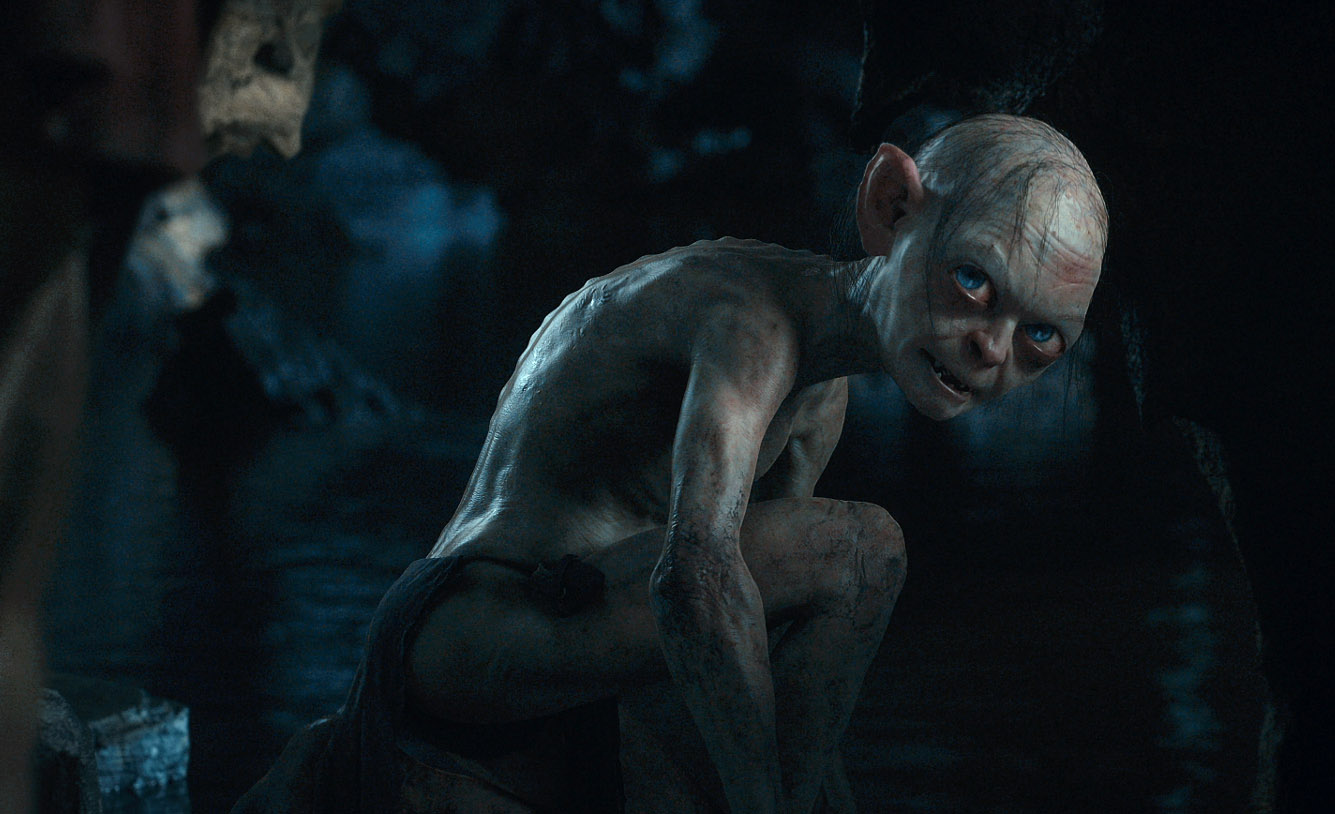What makes you watch a movie? Plenty of viewers base choic es on who is in the movie. Or behind it.
es on who is in the movie. Or behind it.
Actors are indisputable drawcards but directors also draw crowds. Think of Alfred Hitchcock’s ‘Master of Suspense’ allure. Steven Spielberg is a household name. Christopher Nolan’s popularity parallels his famous Batman trilogy.
Still, many popcorn munchers might not understand what a director actually does. Simply put, a director is chief creative controller. Their vision should be the unifying force which informs everything – performances to camera angles, music to whether three pot plants should be in that scene.
Like any position, their influence can be eroded by invested parties who overpower. When film productions become a war of many wills, not the singular guidance of one captain, results tend to be ‘troubled’ (Cleopatra to Heaven’s Gate, Waterworld to The Wolfman).
Personal taste perpetuates debate about what is a good film. But scan ‘Best Movies Ever’ lists. The consistent celebration of certain films suggests they are, indeed, good. In the ‘well-crafted movie’ sense. Surely, these films must have a good director? How could a bad director make a good film?
Hallmarks of a good director are evident. The sophisticated sweep of Peter Jackson’s The Lord Of The Rings trilogy. The deceptive complexity of elements in Frank Darabont’s beloved The Shawshank Redemption. The game-changing scope of director Orson Welles’ approach to script, cinematography and editing for Citizen Kane.
Whether it is Casablanca, The Godfather or Pulp Fiction, movies revered as ‘good’ usually project a united, coherent and calculated intent. Orchestration of all the film’s components indicates a meticulous manager, as if the finished product was foreknown.
Such is life. Think about everything. Go ahead; do it now. What are you most struck by? Is it existence itself? That this universe contains conscious beings who populate a planet able to facilitate them?
Disagreement about our origins is long-standing and copious. Wild debate is sparked by whether an intelligent, controlling entity is ‘behind the camera’ of our reality. Christianity professes that all things have been created by one sovereign God, who eternally is in the divine director’s chair.
More epic and blockbustering than any David Lean or George Lucas classic, human history is a drama of incomprehensible enormity. Legendary tales of how Russian director Sergei Eisenstein wrangled crowds for influential Battleship Potemkin (1925), or Japanese maestro Akira Kurosawa staged vast battles for Ran (1985), have nothing on directing the entire universe.
The Christian leader Paul spoke boldly about this matter only a few decades after history’s most resounding event – Jesus’ crucifixion and resurrection. Similar to our multi-religion society, Paul was surrounded in 1st Century Athens by myriad beliefs and worshipping. Speaking of ‘the God who made the world and everything in it’, Paul states this directing deity also ‘made every nationality to live over the whole earth and has determined their appointed times and the boundaries of where they live.’ (Acts 16:24-26)
Attested by the verified testimony of Paul and other Biblical writers, God didn’t just direct the seeds of creation and leave the sequel to be helmed by humanity. Now as ever, God remains author and director of existence, having ‘prepared everything for His purpose’ (Proverbs 16:4).
If God is the universe’s director, how do we know He is good? Movie directors can point to their creations to demonstrate how good they are. Does God’s output prove He is good?
‘For God loved the world in this way: He gave His One and Only Son, so that everyone who believes in Him will not perish but have eternal life.’ This famous revelation recorded in John 3:16 shouldn’t be diminished by familiarity. Although the son Jesus is God in human form, He willingly endured suffering – to the point of death – so that imperfect humanity could be saved from God the Father’s justified judgment (Acts 17:30-31).
‘There is only One who is good’, Jesus himself teaches about God (Matthew 19:17). Eclipsing any human director, God – through His Son and Spirit – created, controls and sustains existence (Genesis 1; Colossians 1:15-20; Hebrews 1:2-3; Revelation 4:11). God’s unassailable direction since ‘before the foundation of the world’ (Ephesians 1:4) climaxes in His ultimate goodness – the loving, planned provision of Jesus. No greater good exists.
Email This Story
Why not send this to a friend?


